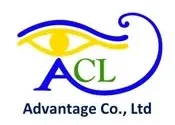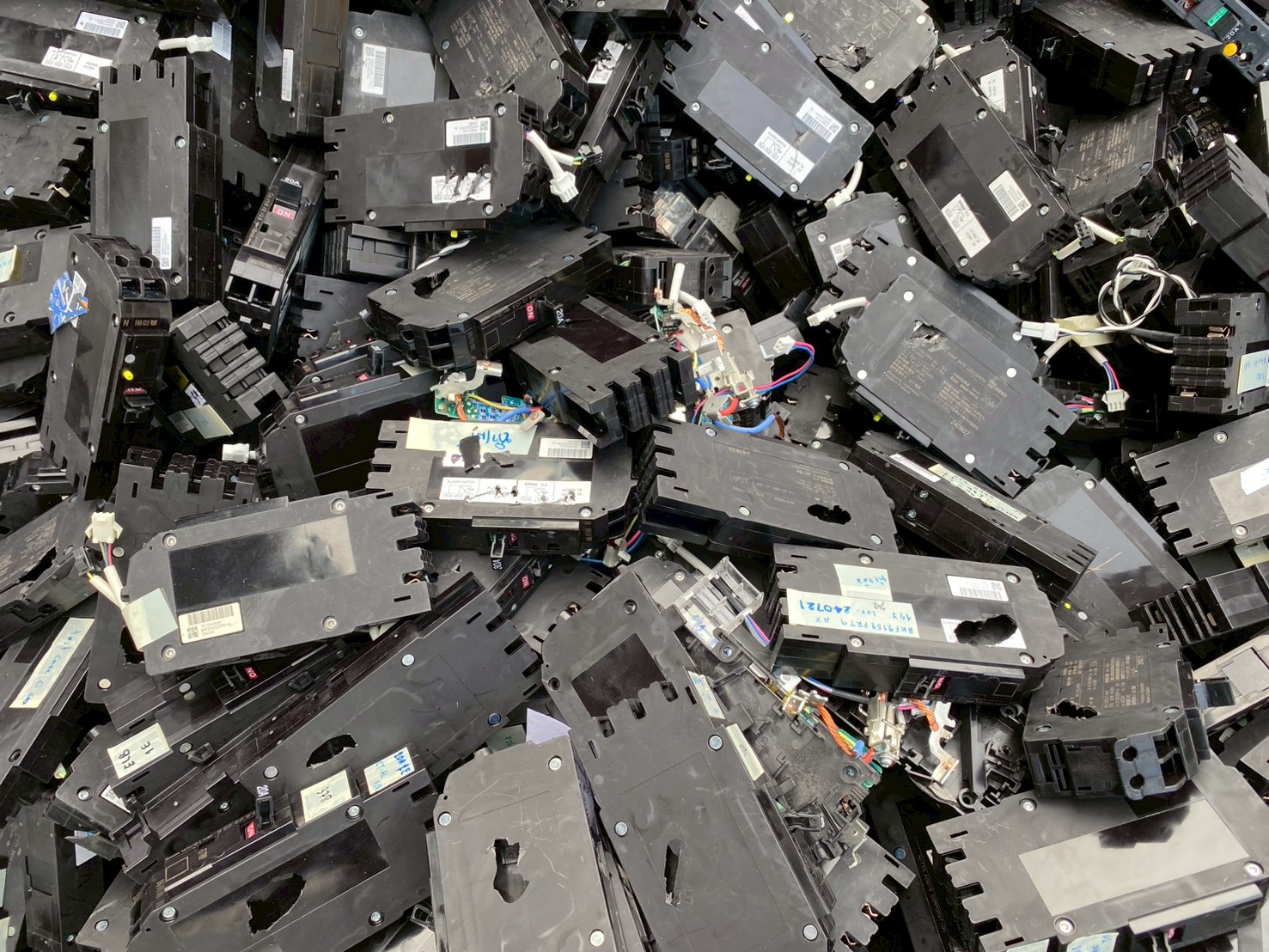The Board of Investment (BOI) in Thailand promotes specific industries by offering substantial tax and non-tax incentives. Companies involved in the recycling of precious metals from electronic and electrical waste often fall under these promoted activities.
For a company importing or processing circuit breaker scrap under a BOI promotion, inspections are critically important for several reasons:
1. Verification of Imported Material vs. BOI Application:
- What was Promoted? The BOI approval is granted for a specific activity, such as “Recycling of Precious Metals from E-Waste.” The inspection ensures that the actual imported material (circuit breaker scrap) matches the description and type of waste approved in the BOI application.
- Preventing Misdeclaration: It prevents companies from illegally importing prohibited or restricted waste (e.g., hazardous waste not covered by the promotion) under the guise of approved scrap. Inspectors will check if the shipment is genuinely circuit breaker scrap and not general, untreated municipal waste or other hazardous materials.
2. Control of Hazardous Substances:
- Circuit breakers can contain hazardous materials like cadmium (in silver-cadmium oxide contacts) and lead (in some solders or older components). The BOI, in conjunction with the Thai Industrial Standards Institute (TISI) and the Pollution Control Department (PCD), has strict regulations on hazardous substances.
- The inspection acts as a checkpoint to ensure that the levels of hazardous materials are within permissible limits and that the promoted company has the proper facilities and processes to handle, treat, and dispose of them safely, preventing environmental contamination.
3. Accurate Determination of Precious Metal Content:
- The value of the incentives (e.g., corporate income tax exemptions) is often linked to the project’s economic activity. The BOI needs to verify that the volume and value of the processed material are legitimate.
- Inspection helps in establishing a baseline for the incoming raw material’s quality and precious metal content (e.g., grams of silver per ton of scrap). This is crucial for auditing purposes and to prevent fraudulent claims for incentives based on inflated figures.
4. Ensuring Proper Storage and Processing Facilities:
- BOI-promoted companies must adhere to international and Thai environmental and safety standards. An inspection verifies that the company has:
- Adequate and safe storage facilities for the scrap, preventing soil and water pollution.
- Appropriate processing technology (e.g., shredding, sorting, smelting, electrolysis) to efficiently and cleanly recover the metals.
- Proper waste management systems for the non-metallic fraction (plastic, ceramics) and any resulting slag or residues.
5. Protecting Thailand’s Environment and Reputation:
- Thailand has been actively working to avoid becoming a “dumping ground” for the world’s electronic waste. Strict BOI inspections are a key tool in this effort.
- By ensuring that only promoted companies with the correct technology and ethical standards are processing such scrap, the BOI helps protect the local environment and safeguards Thailand’s international reputation regarding waste management.
6. Compliance with International Laws (Basel Convention):
- The transboundary movement of hazardous waste, including certain types of e-waste, is regulated by the Basel Convention, to which Thailand is a party. BOI inspections help ensure that imports of circuit breaker scrap comply with these international regulations, requiring prior informed consent and proper tracking.

